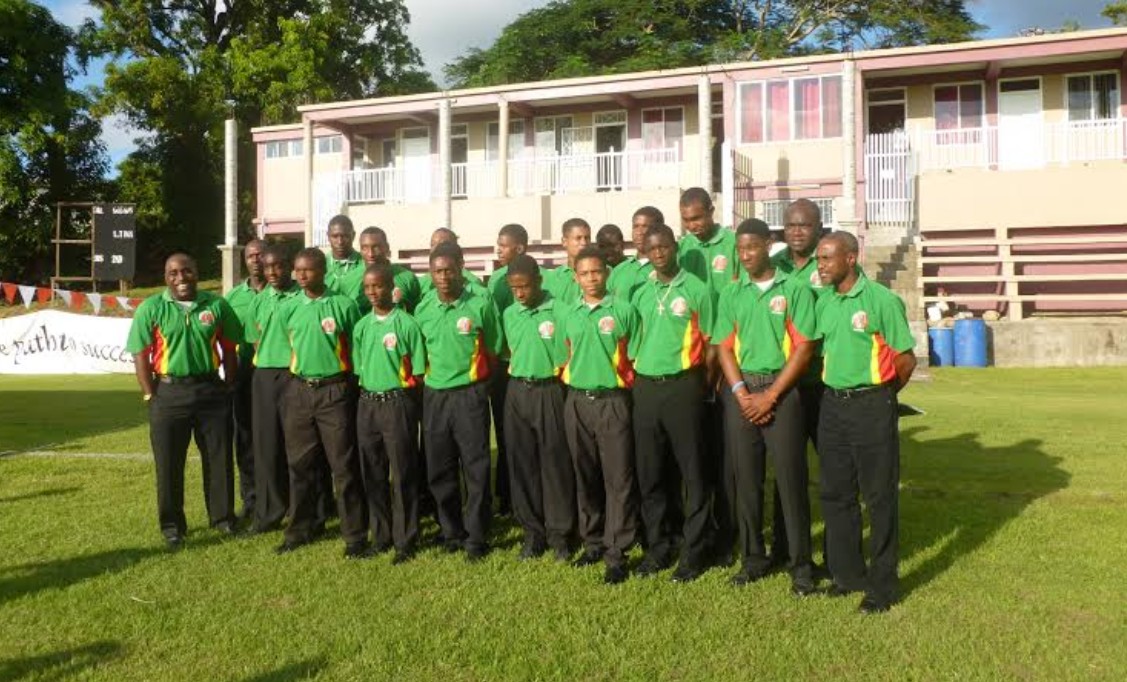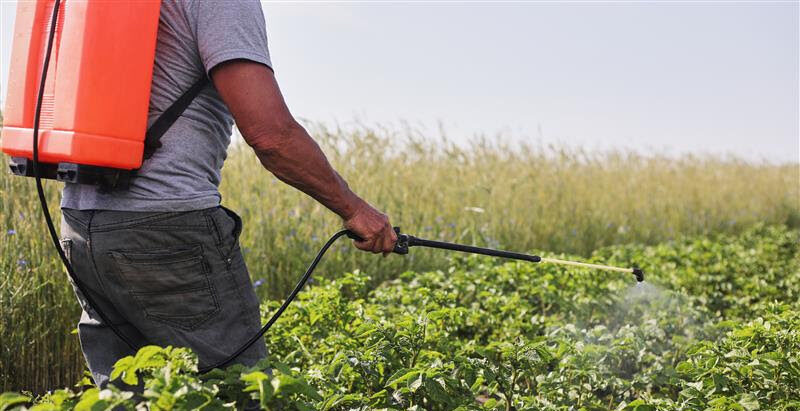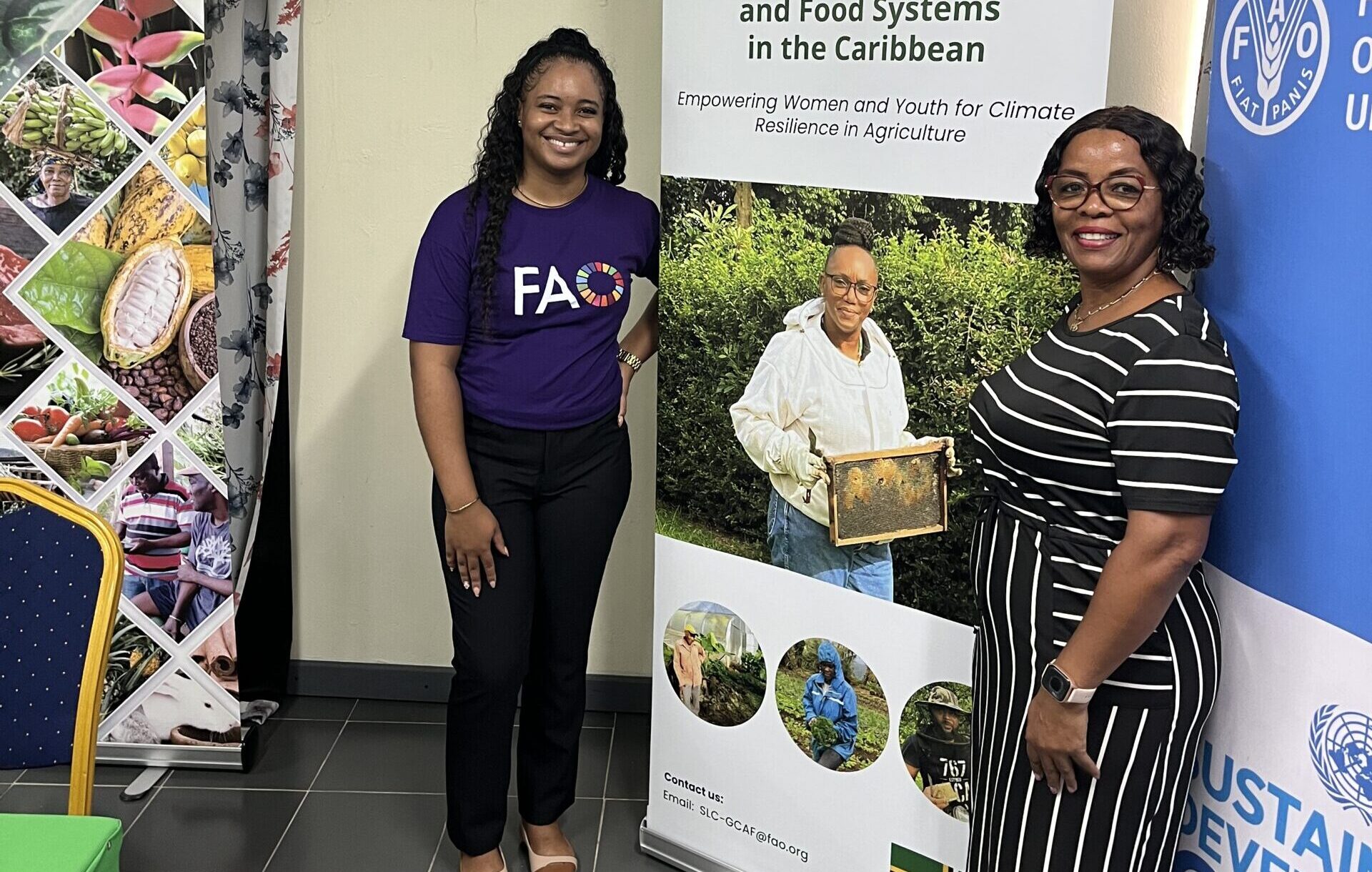Digital News Organization (DNO) has officially announced its comprehensive live coverage plans for the highly anticipated St. Joseph Carnival, with broadcast operations prepared to commence imminently. The media outlet has deployed its technical teams and equipment to strategic locations throughout the festival grounds to capture the full spectrum of celebratory events.
The carnival, a significant cultural tradition in the St. Joseph community, typically features vibrant parades, elaborate costume displays, and diverse musical performances that reflect the region’s rich heritage. DNO’s coverage strategy includes multi-camera setups, aerial drone footage, and live interviews with participants and organizers to provide viewers with an immersive experience.
Technical preparations have been underway for several weeks, with broadcast engineers conducting extensive testing of transmission equipment and satellite links to ensure uninterrupted high-definition streaming. The organization has also implemented backup communication systems to maintain broadcast integrity throughout the event’s duration.
Viewers can access the live coverage through DNO’s primary television channel, official mobile application, and social media platforms. The broadcast will include real-time commentary from cultural experts providing historical context and analysis of the carnival’s symbolic elements and traditional practices.
Community representatives have expressed appreciation for the comprehensive media coverage, noting that it helps preserve cultural traditions while making them accessible to international audiences and diaspora communities. The live broadcast is expected to showcase both the visual spectacle and deeper cultural significance of this annual celebration.









